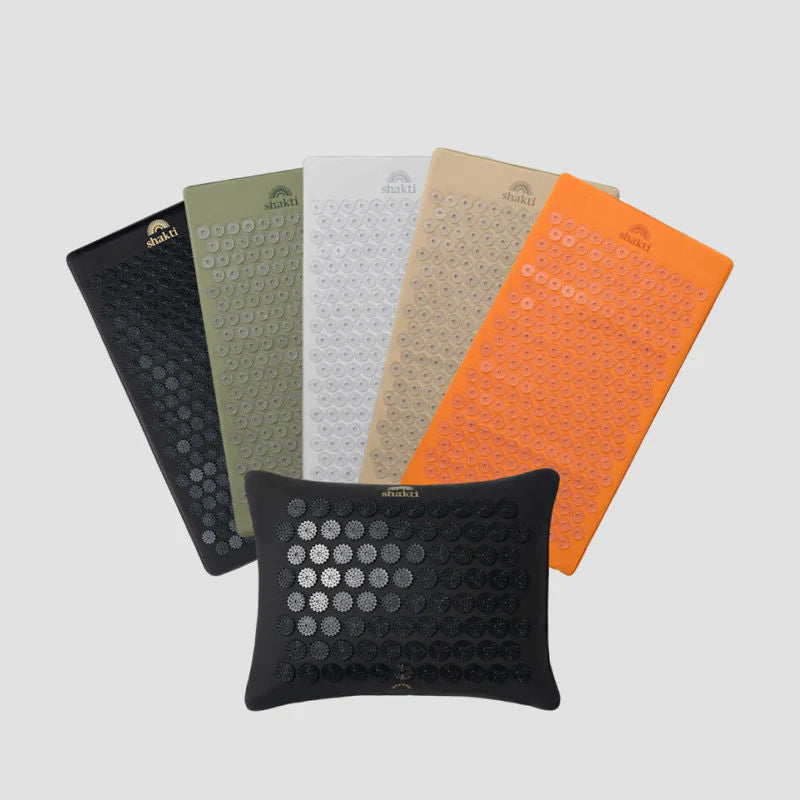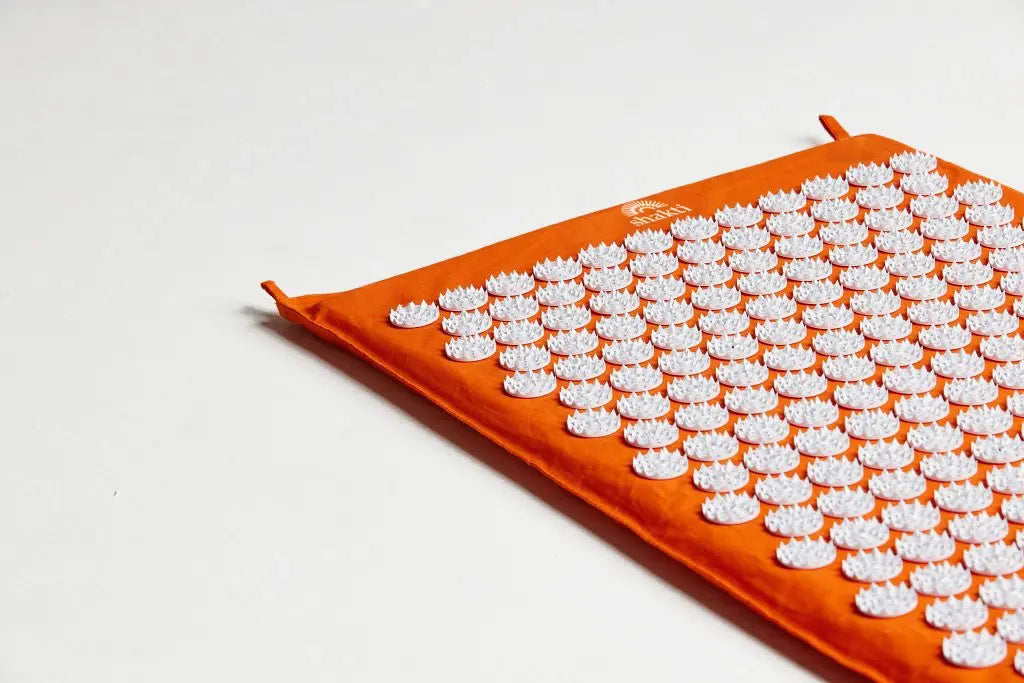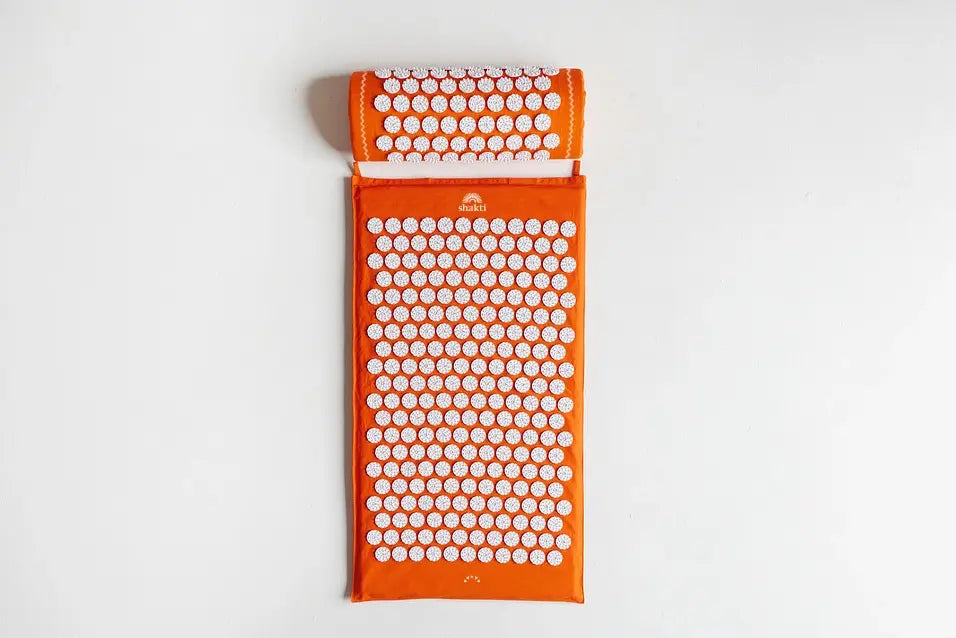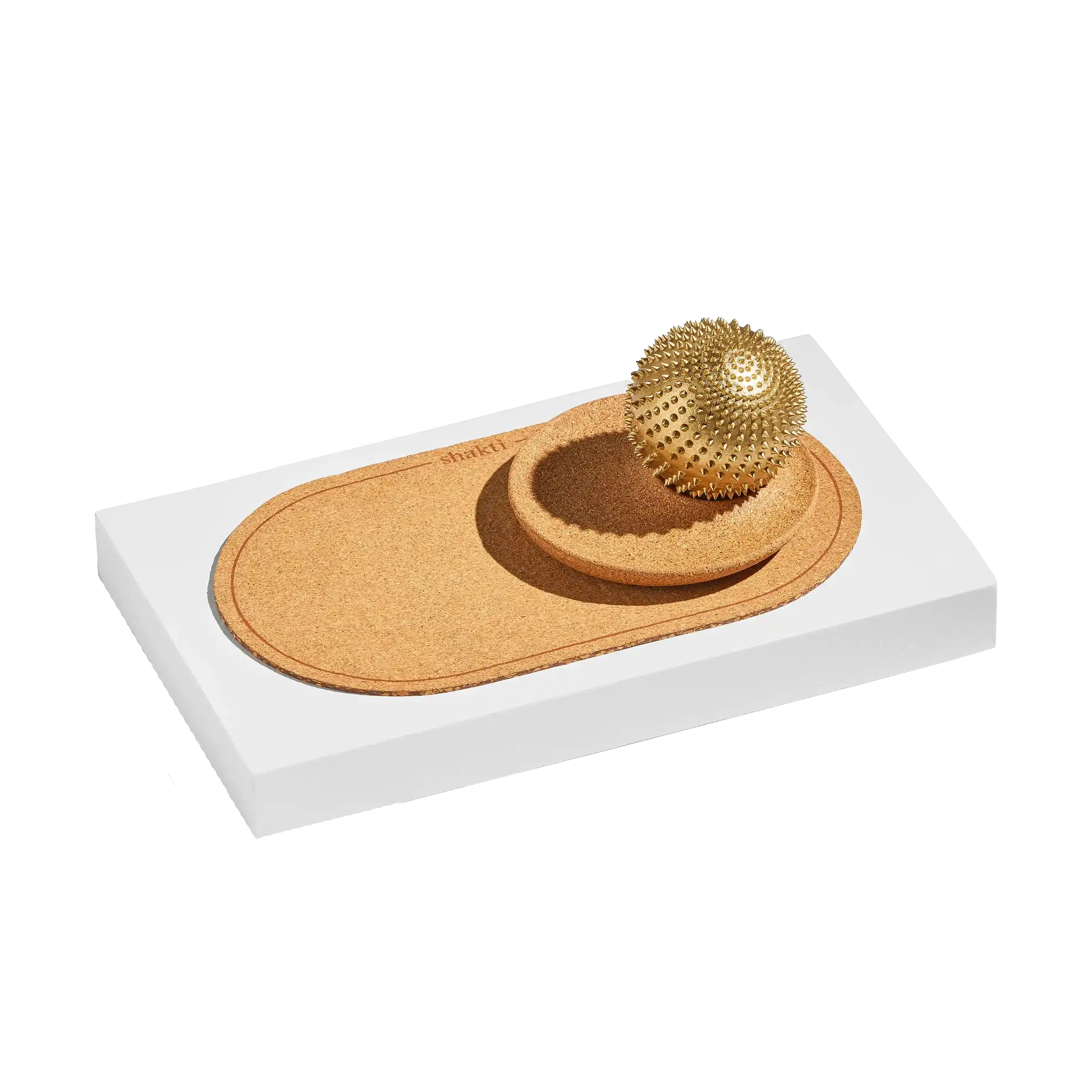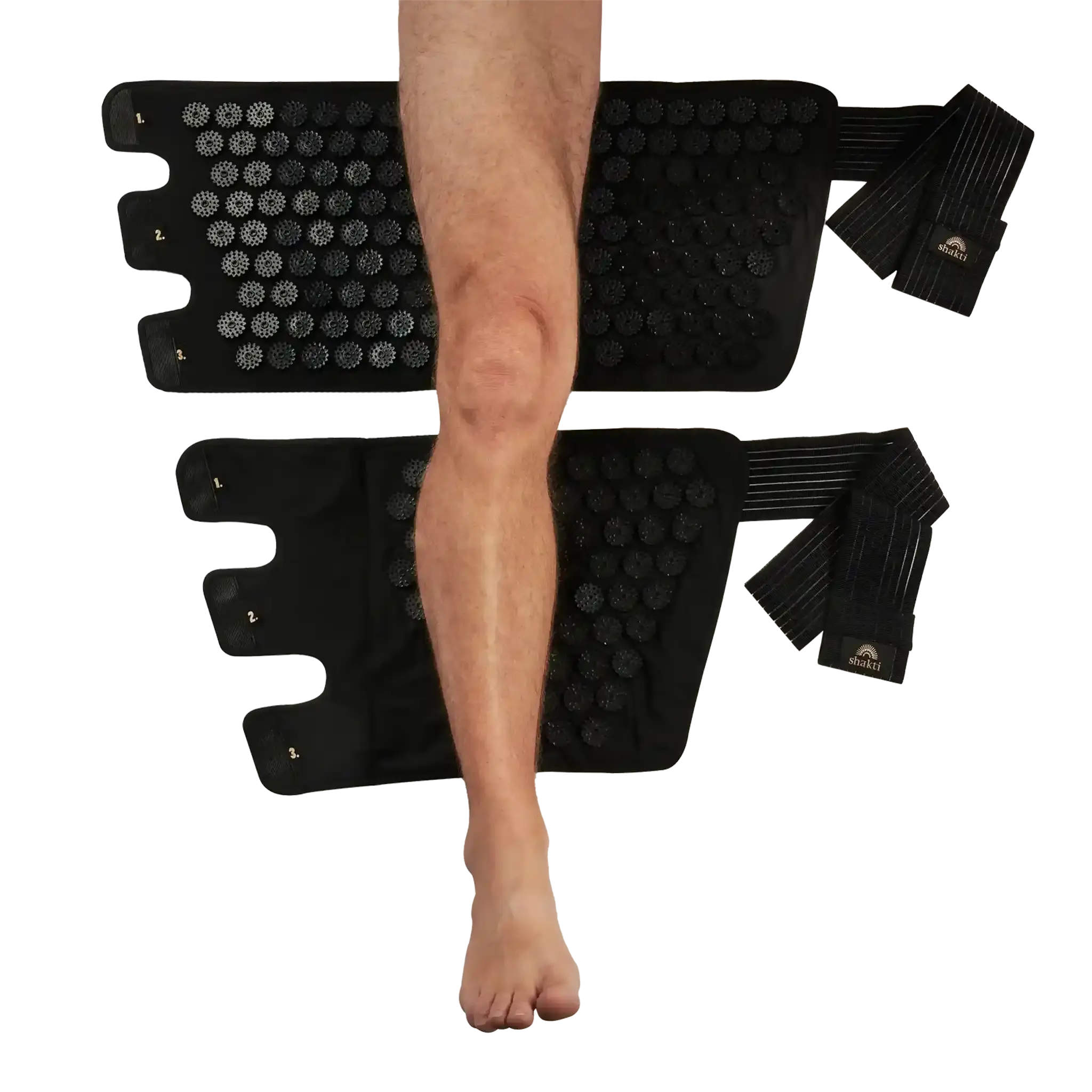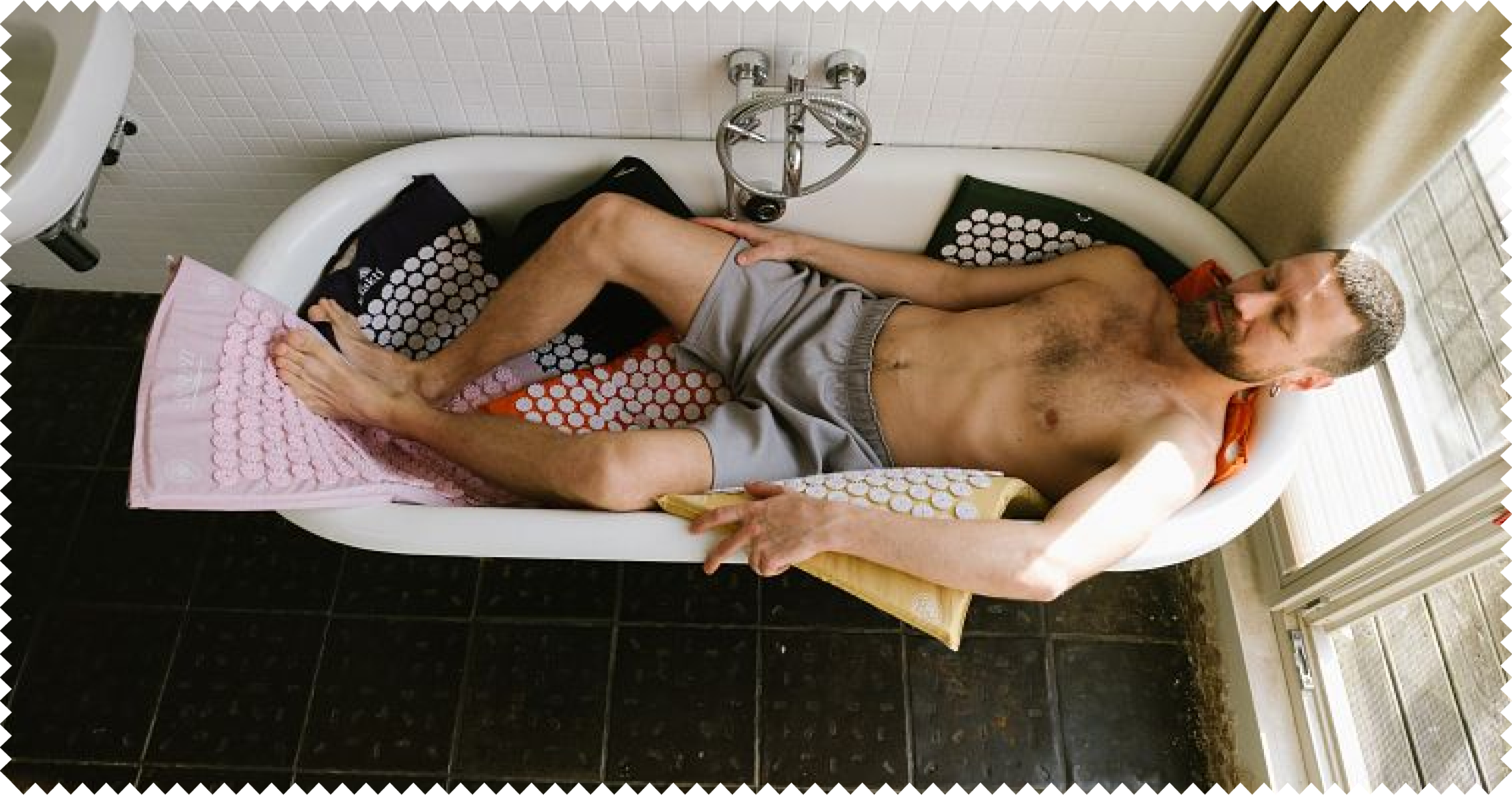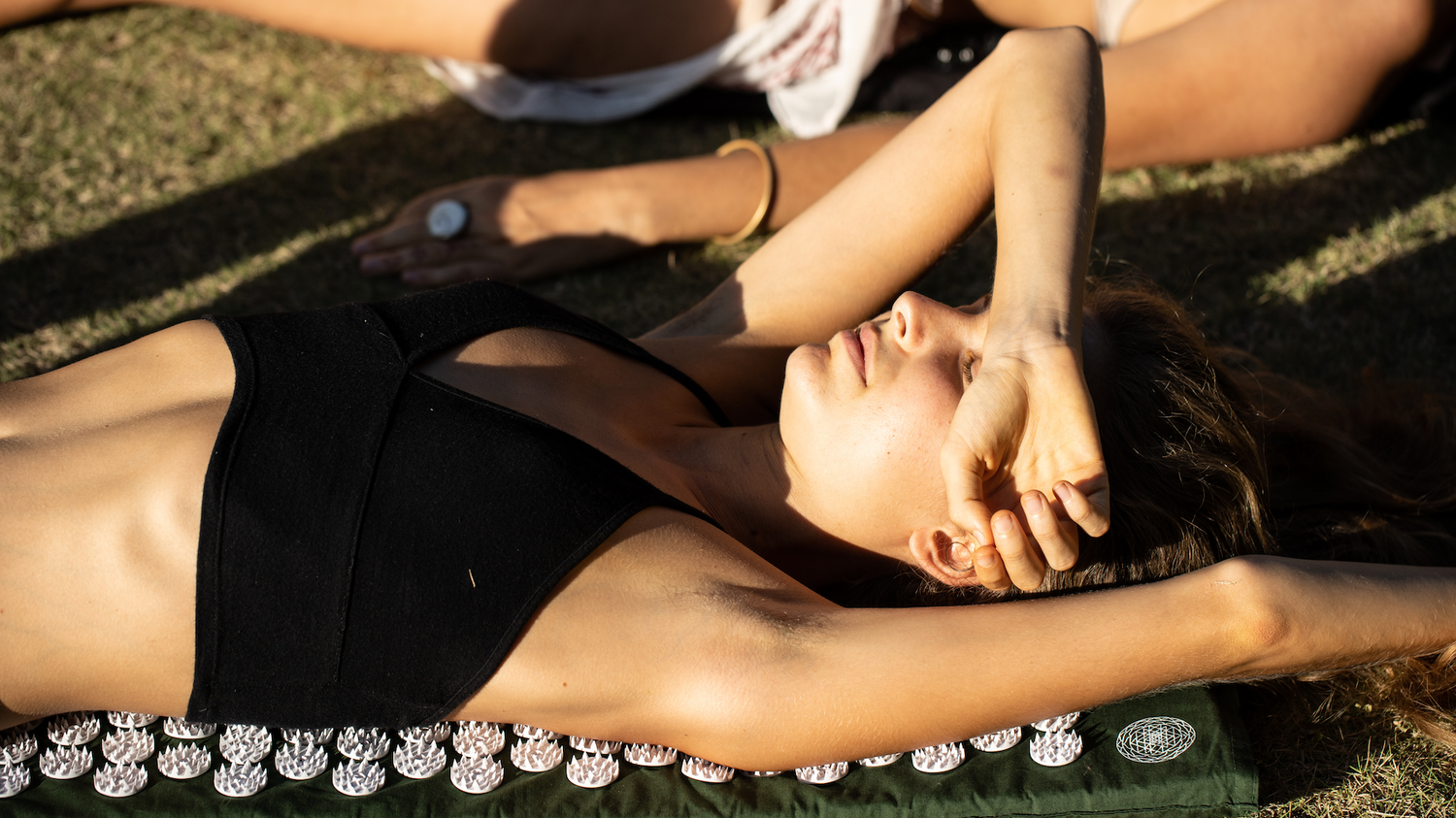After a long, stressful day, you're finally in bed, looking forward to a restful night's sleep. But instead of sleeping, your thoughts are racing. You're brooding over the upcoming presentation at work, the important meeting with your landlord, or the never-ending to-do list for the next few days. Suddenly, your heart rate increases, your breathing becomes shallow, and a distressing feeling of restlessness sets in. Everyone experiences such moments of worry and nervousness, but for some people, they are pervasive and overwhelming. This constant, intense fear is called anxiety or an anxiety disorder . Anxiety encompasses much more than occasional worry or stress. It's a condition that can significantly impact your life—physically and mentally. People with anxiety are afraid to leave the house because something bad might happen. They avoid social gatherings to avoid being judged or rejected. They constantly wonder if they're living up to the expectations of friends, family, or colleagues. And this massive carousel of thoughts demands their complete attention and concentration. But there is help! In this blog post, we'd like to take a closer look at the topic of anxiety. We'll look at the different types of anxiety disorders and how you can recognize if you might be affected. We'll then discuss possible treatment options. We'd especially like to show you the small things you can do every day to help you find more peace and calm.
Content
1 What types of anxiety disorders are there?
2 Do I have an anxiety disorder? Recognize symptoms in good time
3 What to do if you have an anxiety disorder? Treatment that promises success
4. Ease your everyday life - with regular acupressure against anxiety
What types of anxiety disorders are there?
Anxiety disorders are varied and can manifest themselves in different ways. Each type of anxiety has its own symptoms and challenges, but they can all have a major impact on daily life. It is therefore important to recognize these disorders at an early stage. This is because appropriate treatment options can significantly improve the quality of life of those affected. Here are some of the most common types of anxiety disorders:
- Generalized anxiety disorder (GAD): People with GAD worry excessively about everyday things such as work, health, finances or family problems. Compared to people without anxiety, they find it difficult to control or manage these worries. On the contrary, anxiety is often the only thing that determines the lives of those affected.
- Social anxiety disorder: If you suffer from social anxiety disorder, this is usually manifested by an intense fear of social situations in which you could be judged negatively (performance anxiety or relationship anxiety). For some sufferers, this fear is so overwhelming that they increasingly avoid social activities and interactions, which naturally creates a vicious circle.
- Specific phobias: A specific phobia is a severe fear of certain objects or situations that are not actually dangerous. Examples of this are fear of heights, fear of flying or fear of certain animals. Spiders and snakes are certainly the classics here.
- Obsessive-compulsive disorder (OCD): Those who suffer from OCD have unwanted recurring anxious thoughts (compulsions) that can only be alleviated by certain behaviors (rituals). For example, a person with obsessive-compulsive disorder is constantly worried that they have forgotten to close doors, switch off lights or turn off electrical appliances. To calm themselves down, they check this repeatedly (and sometimes for a long time).
- Post-traumatic stress disorder (PTSD): The causes of this anxiety disorder often lie in a traumatic event that constantly recurs through intense, frightening thoughts and memories. These flashbacks put the patient in the same situation again and again, which can severely affect everyday life and lead to enormous stress.
- Separation anxiety disorder: Particularly in children, but also in adults, this disorder is characterized by an excessive fear of separation from caregivers. This fear can lead to strong emotional reactions and classic avoidance behavior.
- Panic disorder: Panic disorder is the most unpredictable of all anxiety disorders because it is characterized by sudden and intense panic attacks that occur without warning. This anxiety disorder can cause severe physical symptoms such as a racing heart, shortness of breath, dizziness and a feeling of loss of control.
Do I have an anxiety disorder? Recognize symptoms in time
If some of the examples above sound familiar and you're now wondering whether you suffer from an anxiety disorder, consider the following: Everyone experiences anxiety or worry from time to time. An anxiety disorder only exists when these fears are long-lasting and so intense that they interfere with your daily life. Then you may want to take a closer look at some of the signs of an anxiety disorder. Feel free to observe your everyday behavior "from the outside" and answer the following questions honestly:
- Do you often worry a lot about small, everyday things?
- Do you often have unfathomable palpitations, trembling, sweating, shortness of breath, stomach problems or dizziness?
- Do you have problems falling asleep or sleeping through the night, i.e. do you wake up constantly or do you sleep restlessly most of the time?
- Do you avoid certain places, situations or activities because they might cause you anxiety?
- Do you find it difficult to concentrate or maintain focus, even in a quiet environment?
- Are you easily irritable or do you constantly feel like you're on the go?
What to do for anxiety disorders? Treatment that promises success
If you now believe that you are suffering from an anxiety disorder, you should of course seek professional help. A therapist or doctor can make an accurate diagnosis and help you develop a treatment plan (anxiety treatment). The good news is that anxiety disorders can be treated in a variety of ways. There are different approaches that can be helpful in dealing with different anxieties. One of the most effective methods for treating anxiety is cognitive behavioral therapy (CBT). This therapy helps you to recognize and change the negative thought patterns that contribute to your anxiety. Relaxation techniques such as meditation, breathing exercises or yoga can also help to alleviate the symptoms of anxiety. Acupressure can also help to loosen up tensions, especially physical tensions. By stimulating acupressure points, for example with an acupressure mat, you can relieve tension and stimulate your circulation. We will go into more detail about this very practical method for combating anxiety in a moment. Many users report that they feel much lighter and more carefree after using the acupressure mat. Why not try it out for yourself?
Make your everyday life easier - with regular acupressure against anxiety
Acupressure can be used in a variety of ways to relieve anxiety . One popular method is the use of acupressure mats , which are equipped with thousands of tiny spikes. You simply lie down on them, and they do their work: They relax your muscles and stimulate your circulation. This can not only promote your general well-being but also reduce anxiety. You should know that anxiety is often accompanied by physical symptoms such as muscle tension, headaches, insomnia, and stomach problems. Acupressure can help relieve these symptoms by reducing muscle tension, improving circulation, and supporting the function of internal organs. The stimulation of acupressure points also releases endorphins, the body's natural painkillers and feel-good hormones. These have a positive effect on your mood, which can be especially helpful for anxiety. Our tip: Beginners should start with a mat with lots of spikes. , as the pressure is distributed more comfortably. Advanced practitioners can relax perfectly even with fewer points . You can also use the short break on the mat to mentally "wind down" a little – with a short thought journey or meditation . The practice of acupressure also promotes mindfulness and awareness of your own body. By regularly taking time exclusively for yourself, you develop a self-care routine. This way, you get to know your body better, which can also help you better understand and control anxiety.


